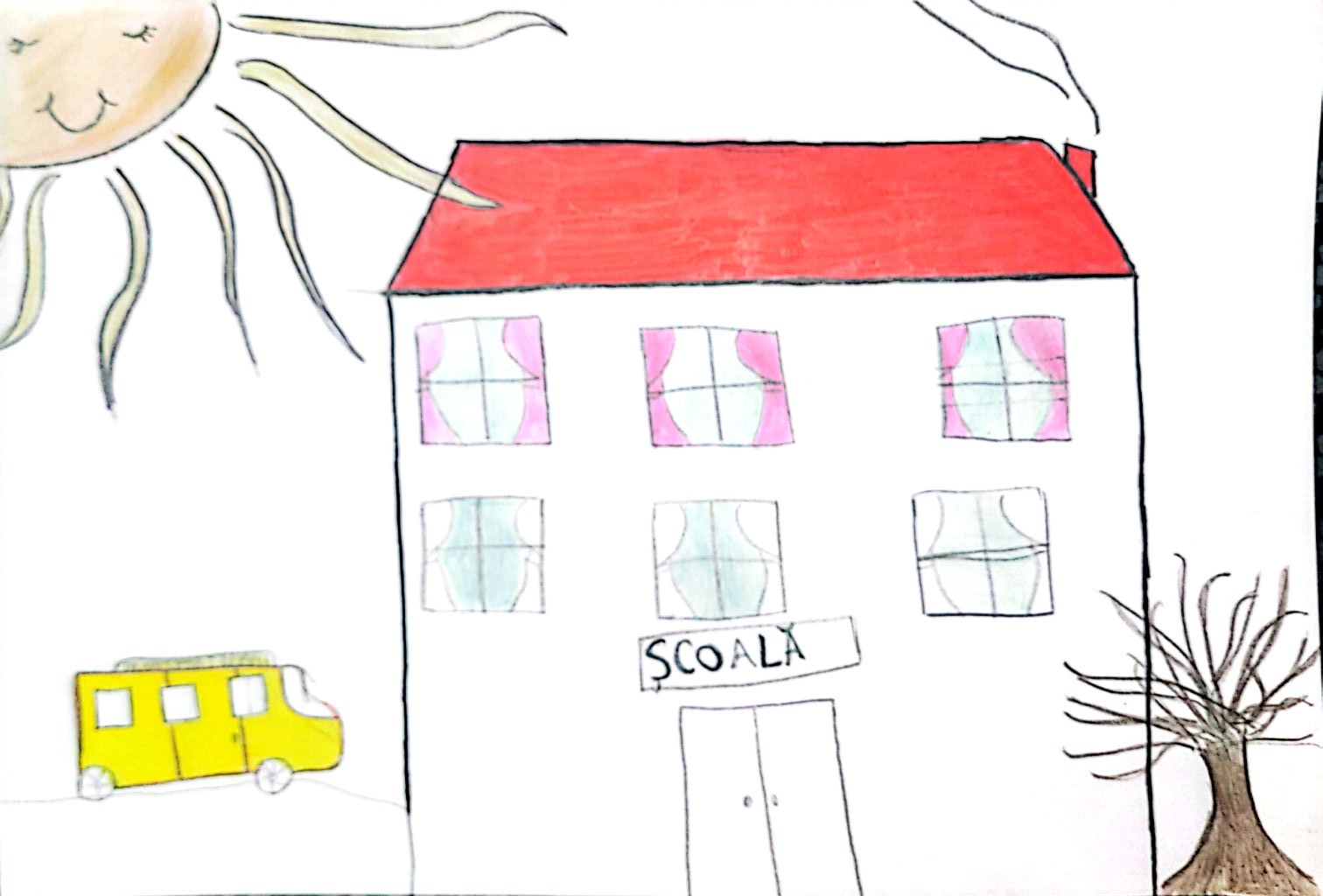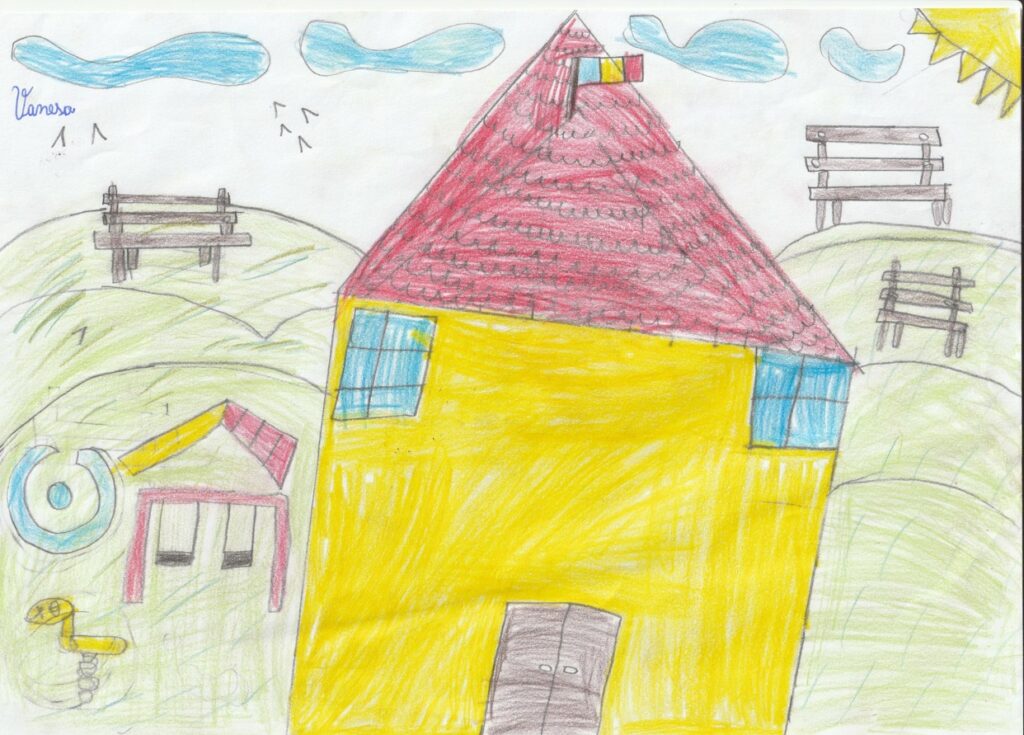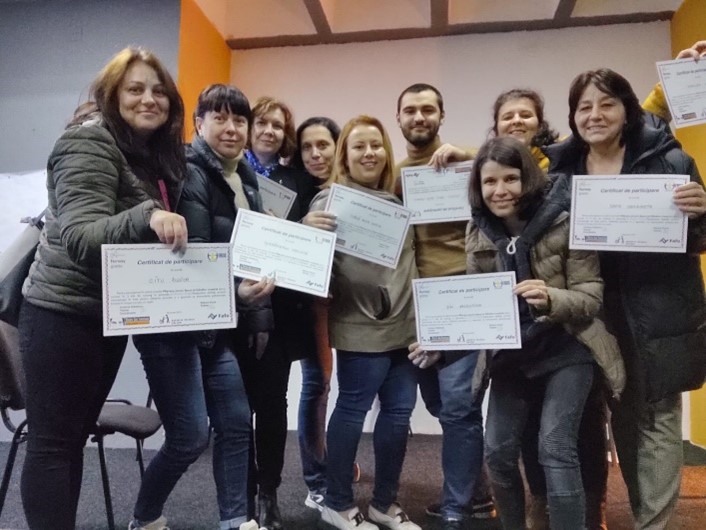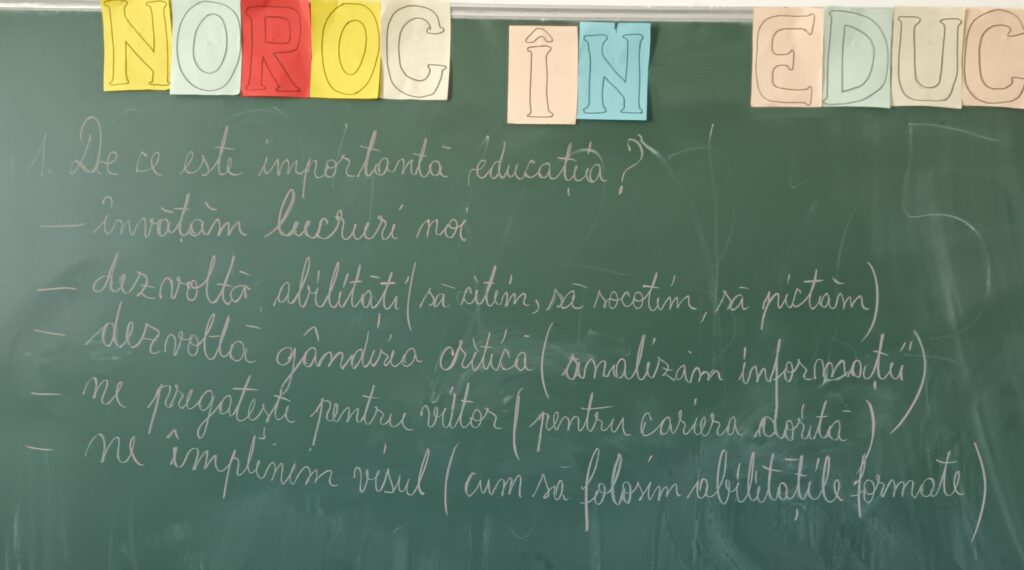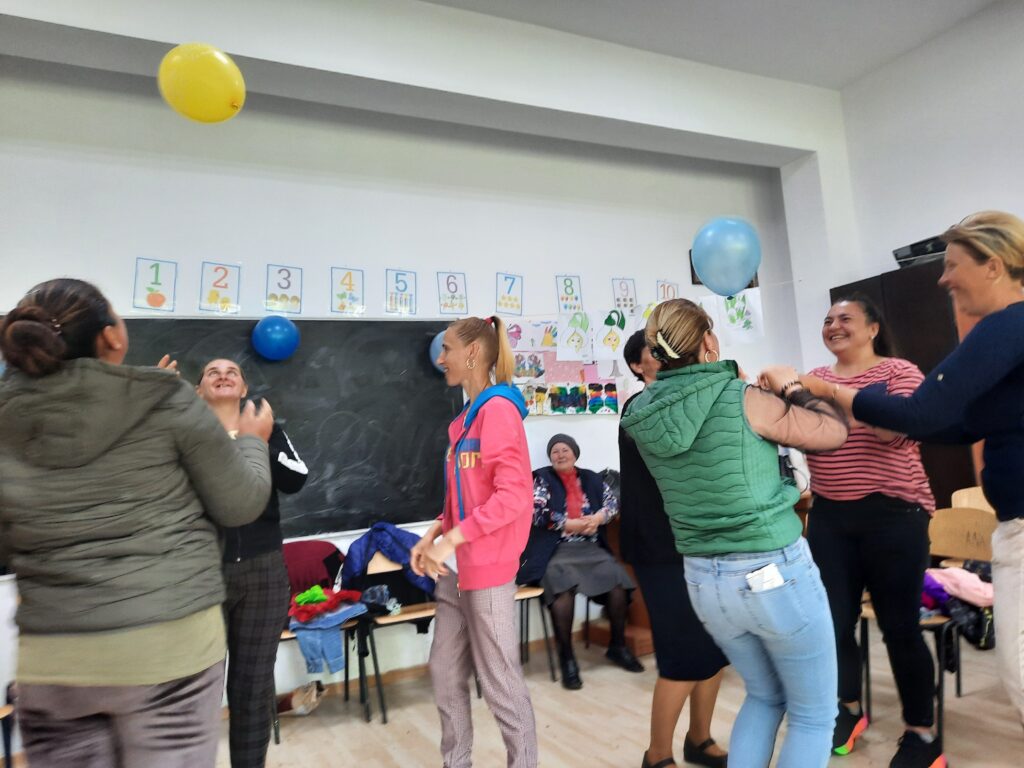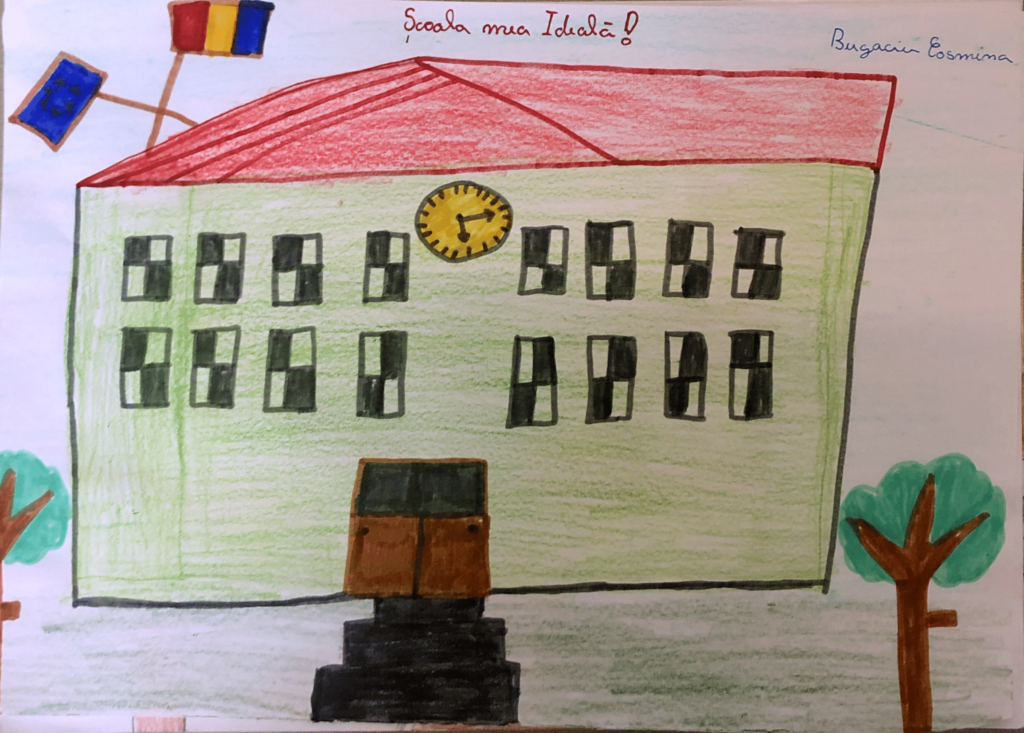20 teachers from schools in Dolj, Olt, Gorj, Vâlcea and Bacău had the opportunity to visit several schools in Norway in March through Terre des hommes Foundation’s “NOROC in Education” project. Two teachers told School 9 what impressed them on the trip and what methods they will implement in their schools.
What do you say to a parent on the phone when their child hasn’t been to school? That he will be expelled after a certain number of absences and that he is breaking the law? That he will lose his social grant or that his child’s grade will be lowered? None of the above, as Lăcrămioara Cule, headmistress of Scărișoara School in Olt, was to find out on her five-day trip to schools in Norway.
“We miss you, we miss you!” That’s what the Norwegian teachers tell the children who have been absent from class. “They don’t call like the headmistress does here: ‘you see, if she has more than ten absences, her grade will be lowered’.” No! They call to let that child know that we, at school, are thinking about him and we miss him, we miss him. That’s how they build trusting relationships,” says the teacher. She returned to the country with plans to implement the same system at her school.
INTERVIUL INTEGRAL POATE FI CONSULTAT AICI
The teacher Georgeta Safta, from Bujoreni, Valcea, was in the same team in Norway at the end of March. She teaches in a school with 400 children, a quarter of whom have special educational needs. Because they are located five kilometres from Râmnicu Vâlcea, the children have started to migrate to schools in the city. They also have 60% Roma children and happen to have pupils who married before finishing primary school.
With 22 years of teaching experience, Georgeta Safta was very impressed by what she saw in the Nordic country and shared her impressions with colleagues. “I asked myself two questions and I said to myself that if we find the answers, things will surely go well: what kind of school do we, the Bujoreni School, want to be? The second question: what will the job market look like in 10-20 years? These are the things we have to think about.”


